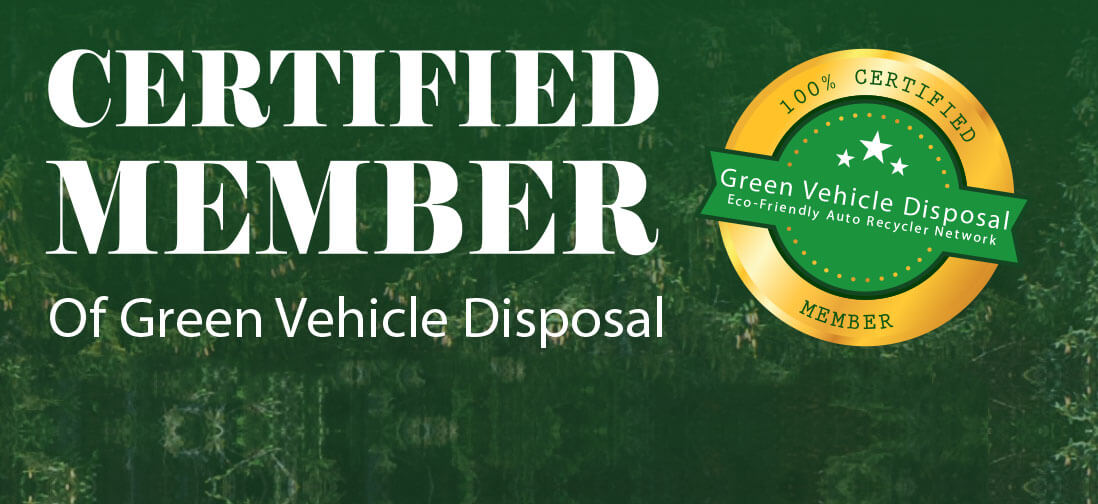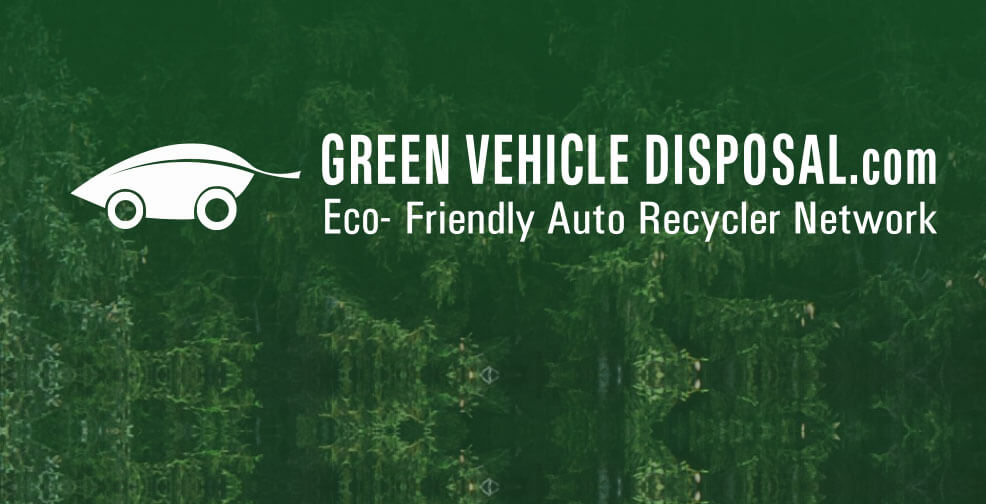The ongoing debate among automakers continues. Is electric or hydrogen better when it comes to alternative fuels? Right now it seems that hydrogen fuel cells are winning the race.
The potentially game-changing Hyundai Tucson can be refueled in less than 10 minutes, according to the automaker, and “makes the transition from gasoline to hydrogen as seamless as possible,” said a report from Automotive News.
“The hydrogen fuel cell debate is no longer a chicken-and-egg conundrum. The fuel cell vehicle has arrived first. It works,” wrote Richard Truett after driving the Hyundai Tucson.
The compact sport-utility vehicle, which uses fuel cell technology to convert hydrogen into electricity, has received an approving nod from Consumer Reports as well.
“It drives much like a normal Tucson, but without an engine it’s actually much quieter. Hyundai claims it will go 265 miles before you have to refuel it. That’s pretty amazing for an electric vehicle,” said Jake Fisher, auto test director for Consumer Reports.
That kind of driving range trumps just about anything offered for a pure electric car. Tesla’s Model S famously leads the electric-vehicle market with a 265-mile battery range, but the sedan is only available for those who can afford to pay upward of $70,000.
Plus a Tesla takes about 20 minutes for the battery to charge halfway, while a fuel-cell vehicle can typically be refilled for full driving range in about 10 minutes.



